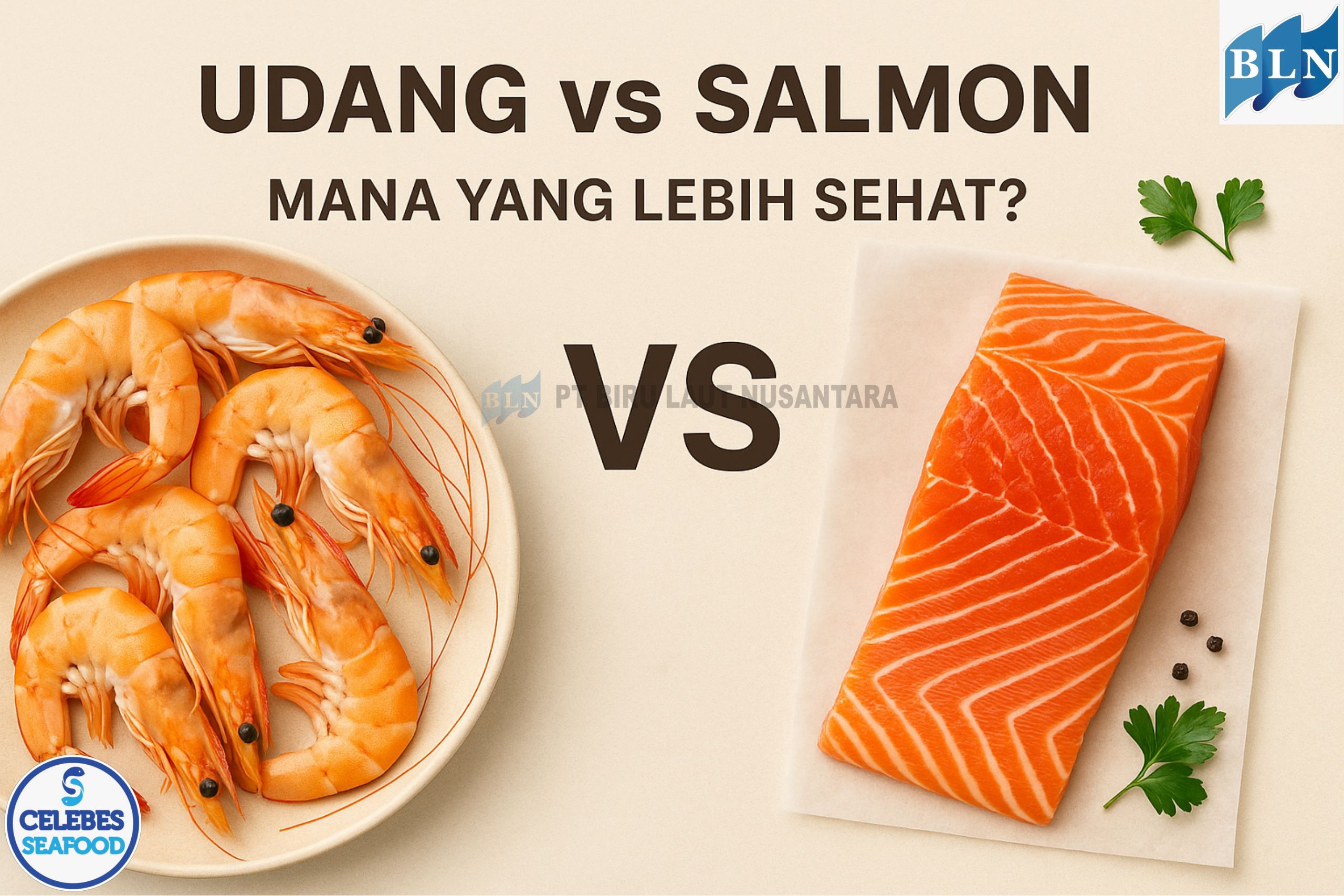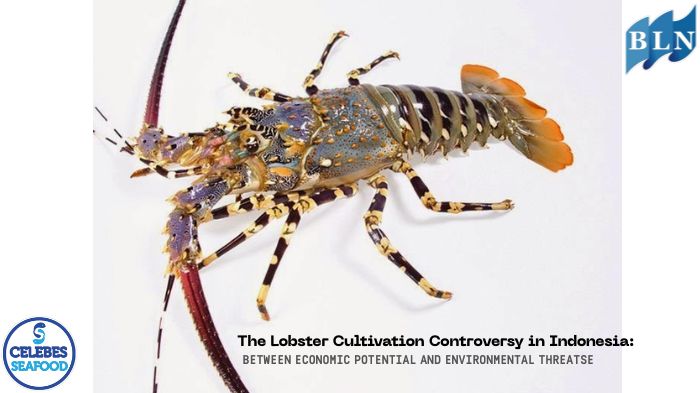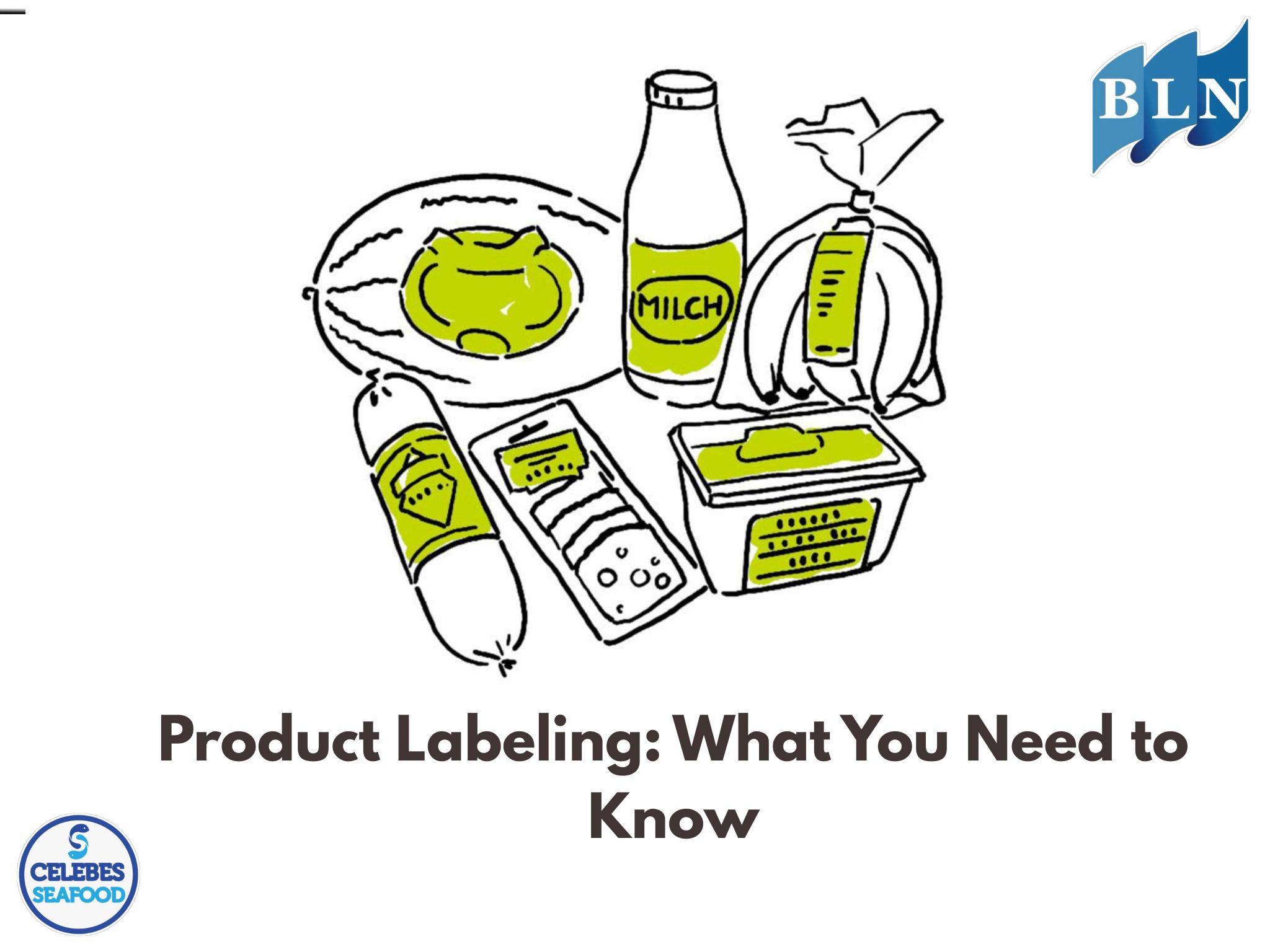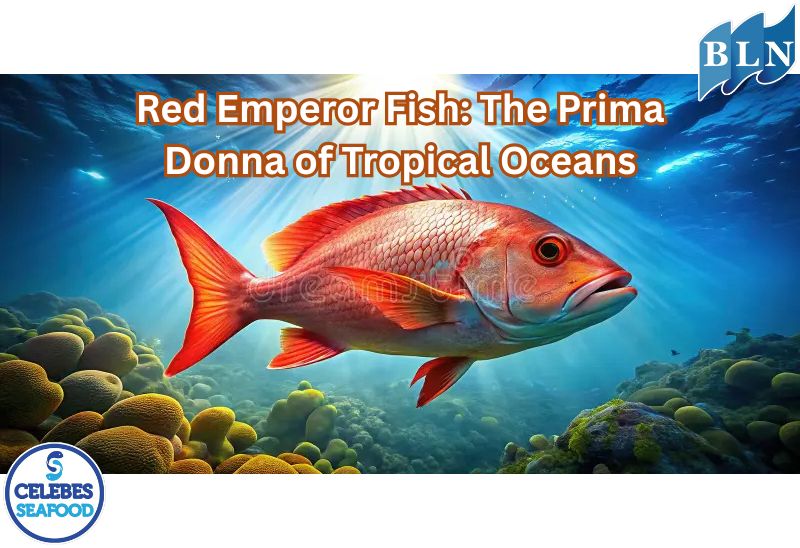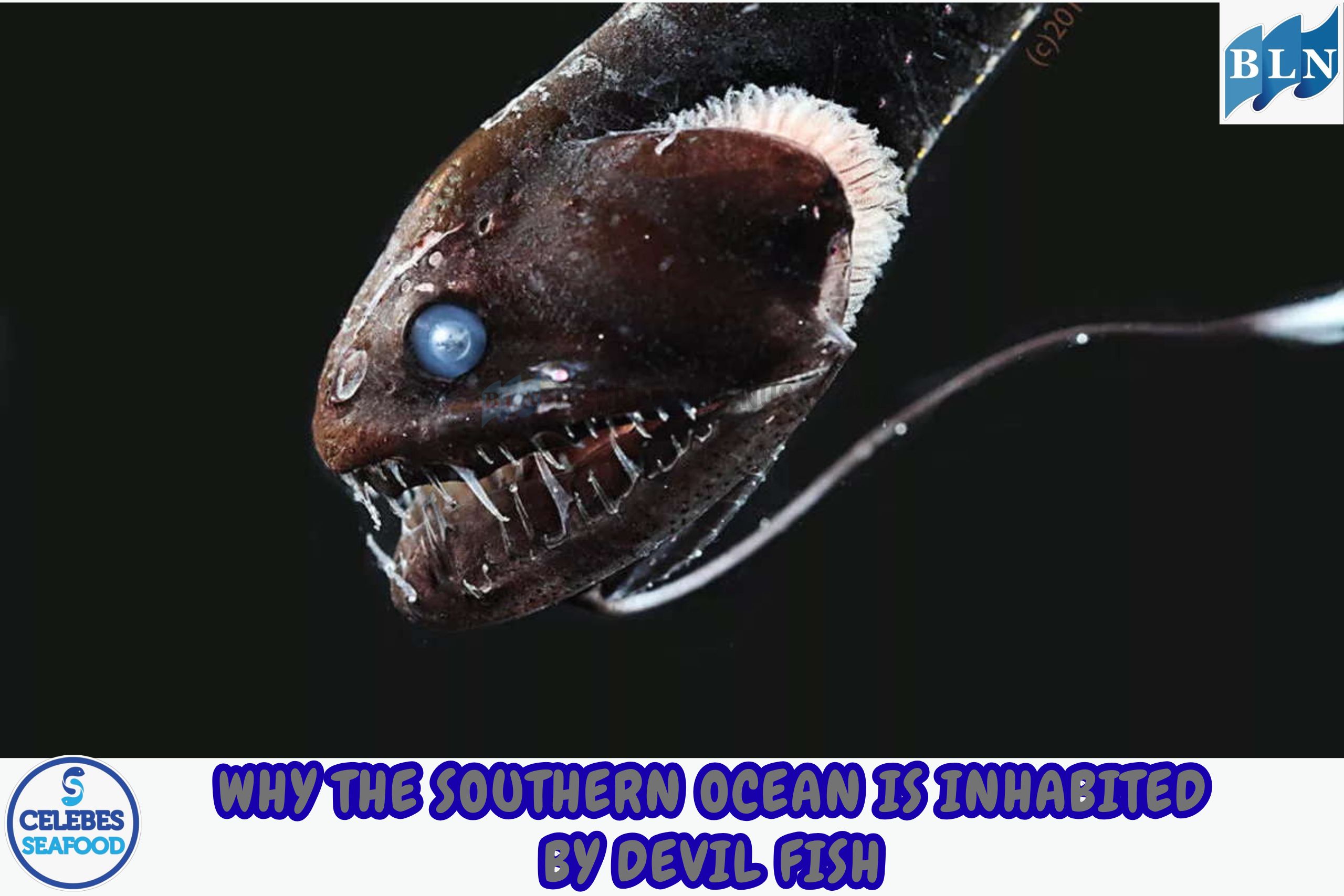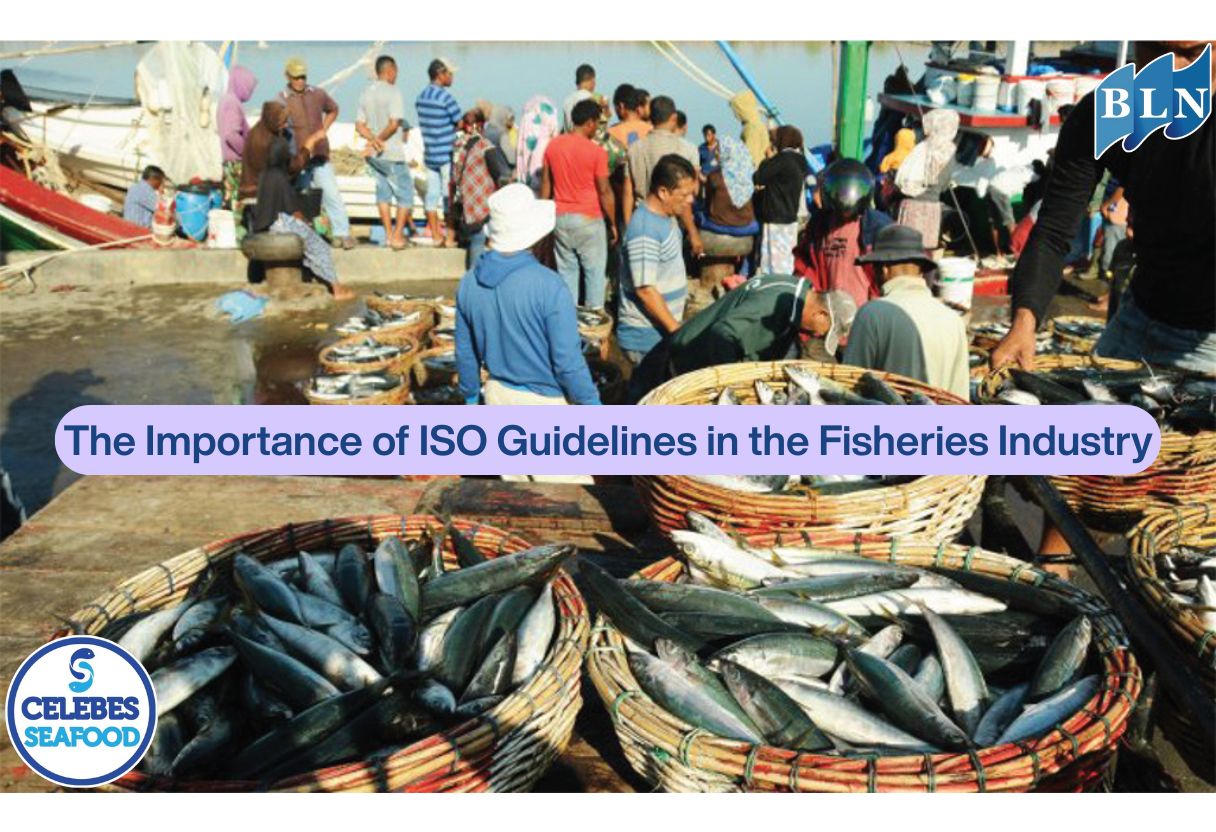This Is How Tuna Penning Works and Its Problems
By. Nevanda - 27 Feb 2023
lautnusantara.com - Tuna penning is a marine aquaculture methods which smaller tuna are caught off shore and moved it into large in-water enclosures. These pens are usually located on the shallow waters of sheltered area like bays. The type of Tuna that commonly used in Tuna penning is Atlantic Bluefin Tuna, which is the most profitable stock for a global fish market demand. The Tuna will be caught usually between May and July using purse-seine vessels. After Tuna has been caught they are moved to the pens where they get fattened until October-January before being harvested and froze to be shipped out. While in the pens, the Tuna will be feed on fresh fish like sardines, squid and mackerel. In the past decades, Tuna penning become large sector in the fish aquaculture industry with the main area in the Mediterranean. This majority of Tuna is ship to Japan. Tuna penning is under the regulation of International Commission for the Conservation of Atlantic Tunas (ICCAT). Each farm is required to register the number of tuna it has and the farm capacity.
Read also: 5 Interesting Facts About Flying Fish
Tuna penning now is facing some environmental issue because its impact to the surrounding marine environment. The main issue with tuna penning in Mediterranean is local eutrophication of a naturally oligotrophic environment. The significant fluctuation of nutrient from the fish farming is causing bad effects to the surrounding ecosystems. This eutrophication is mainly caused by an excess feed used for the cages. There are about 75% remaining feed that don’t get eaten by the tuna so the excess feed is drowning to the sea floor. This feed is high in nutrients, so when they are decomposed a large amount of nutrient will release into the surrounding environment.
There have been some idea to move the pens into the deeper waters as a methods to migrating the sedimentation and water pollution that happen in shallower waters. The deeper water is tend to have stronger current and water movement, so it is expected that it will slow down the sedimentation process.
Read also: These Are Giant Trevally Fun Facts
